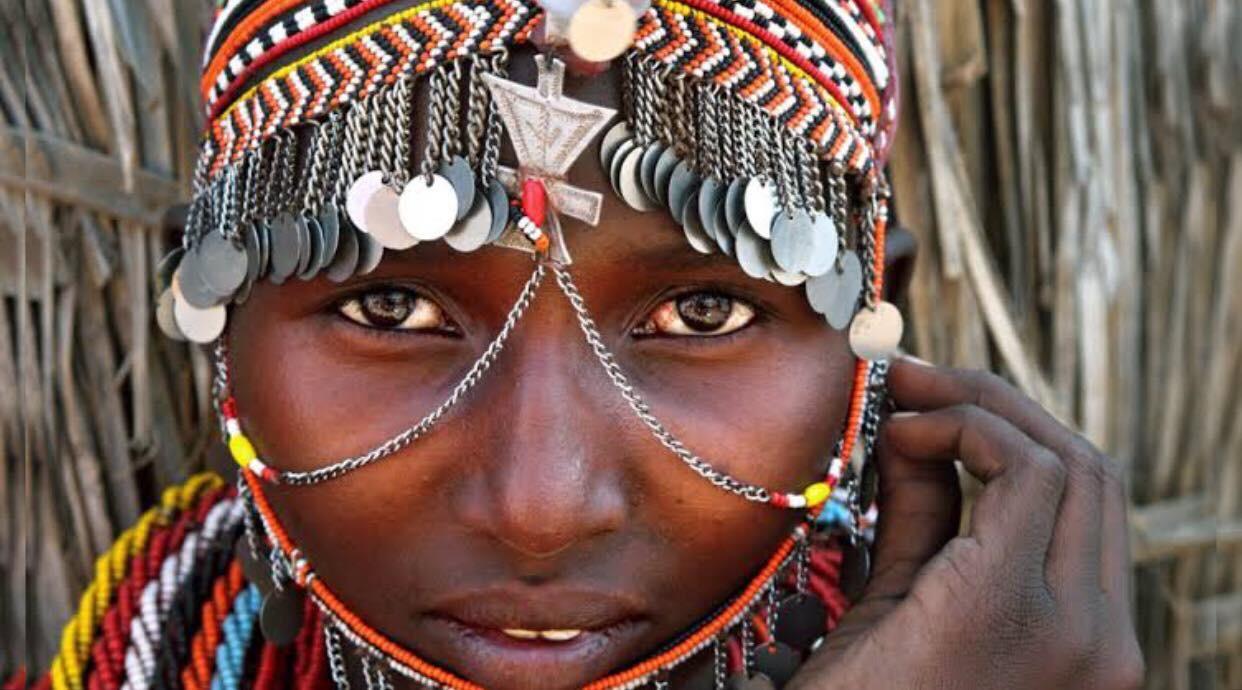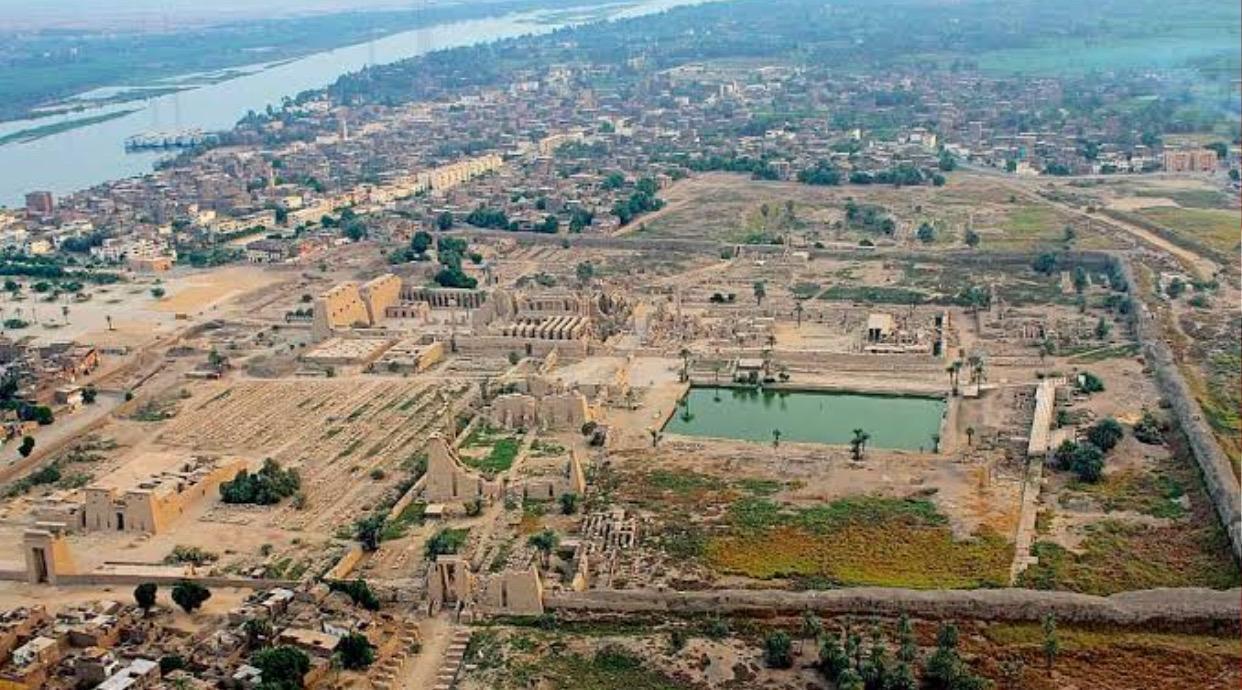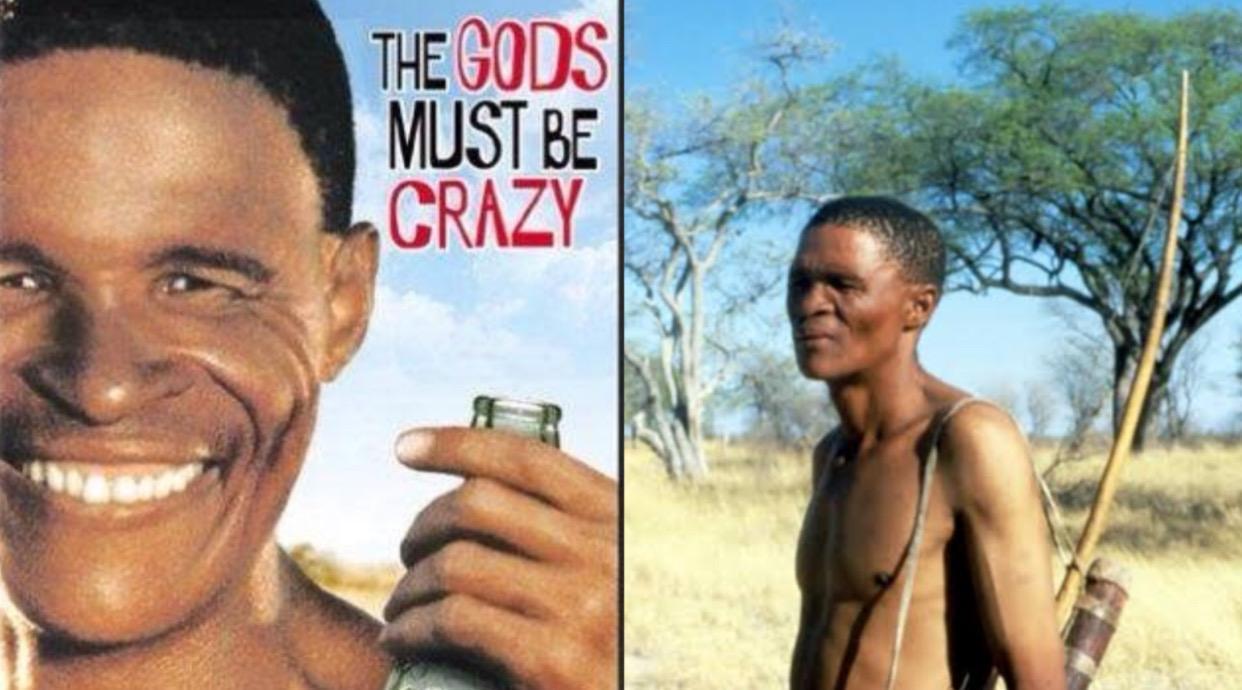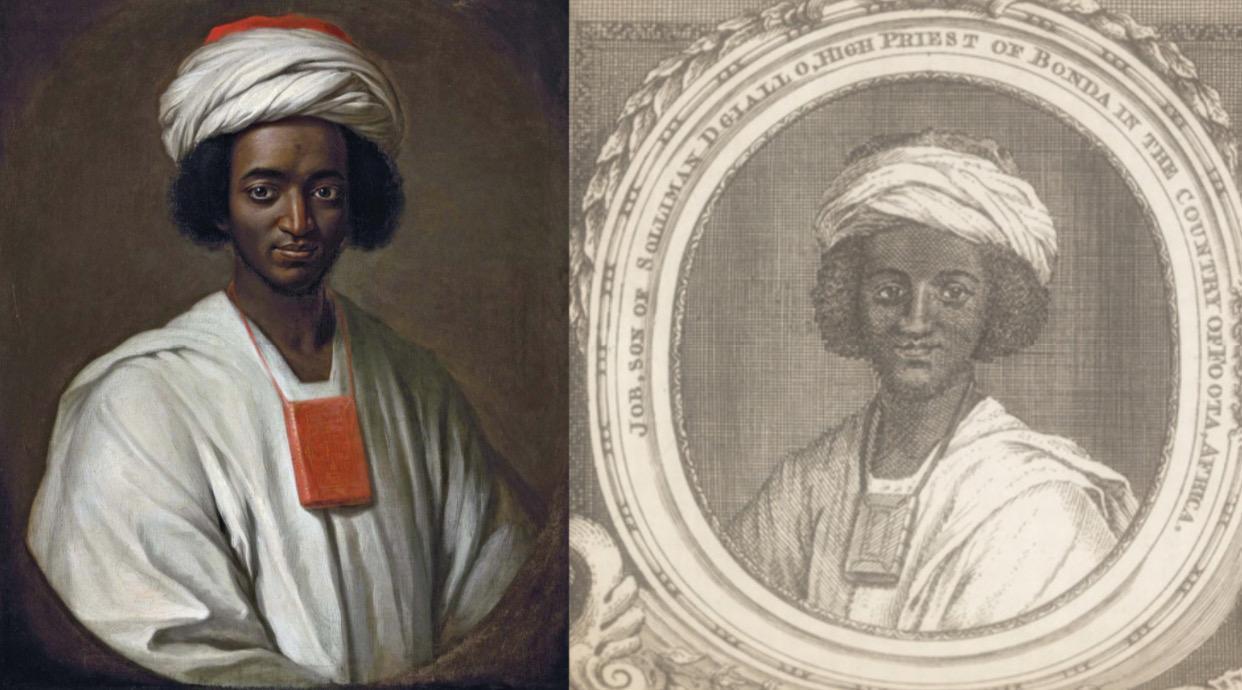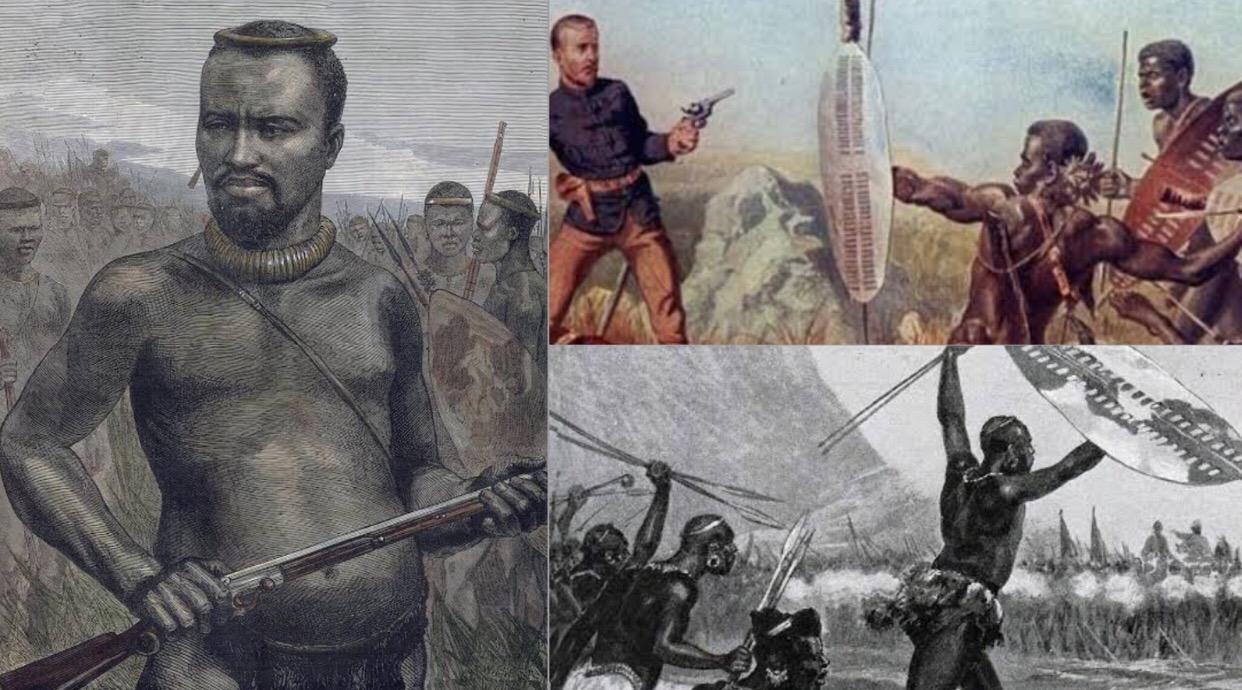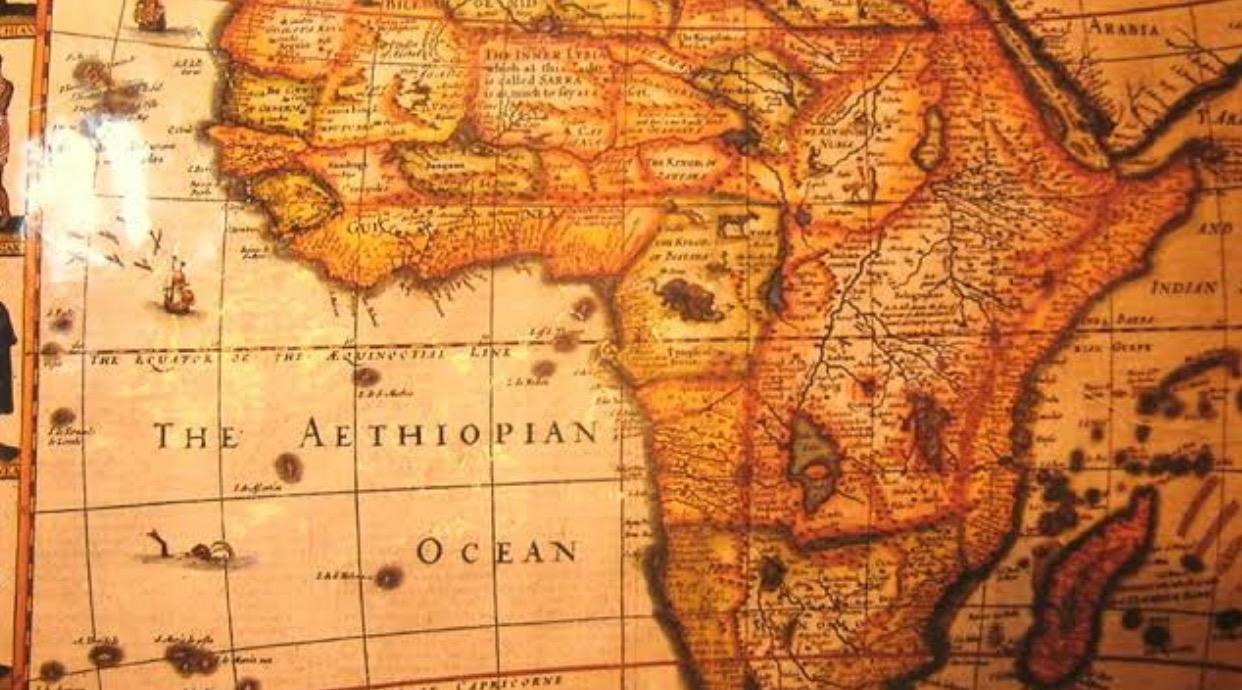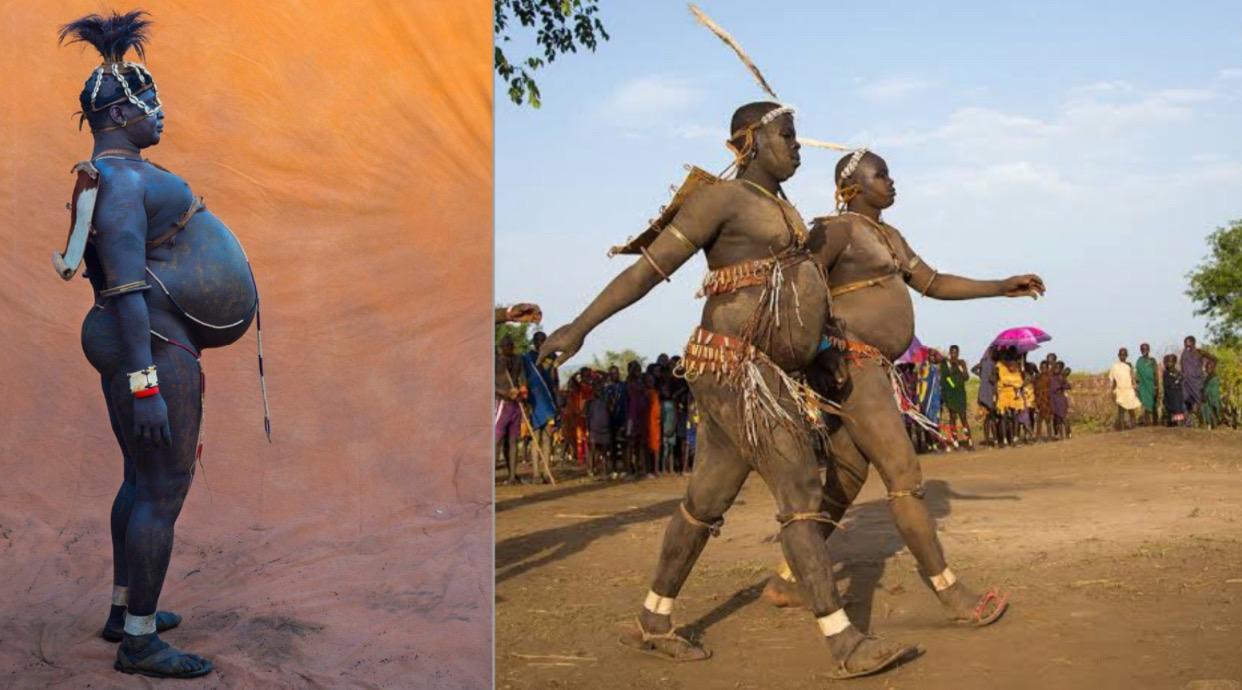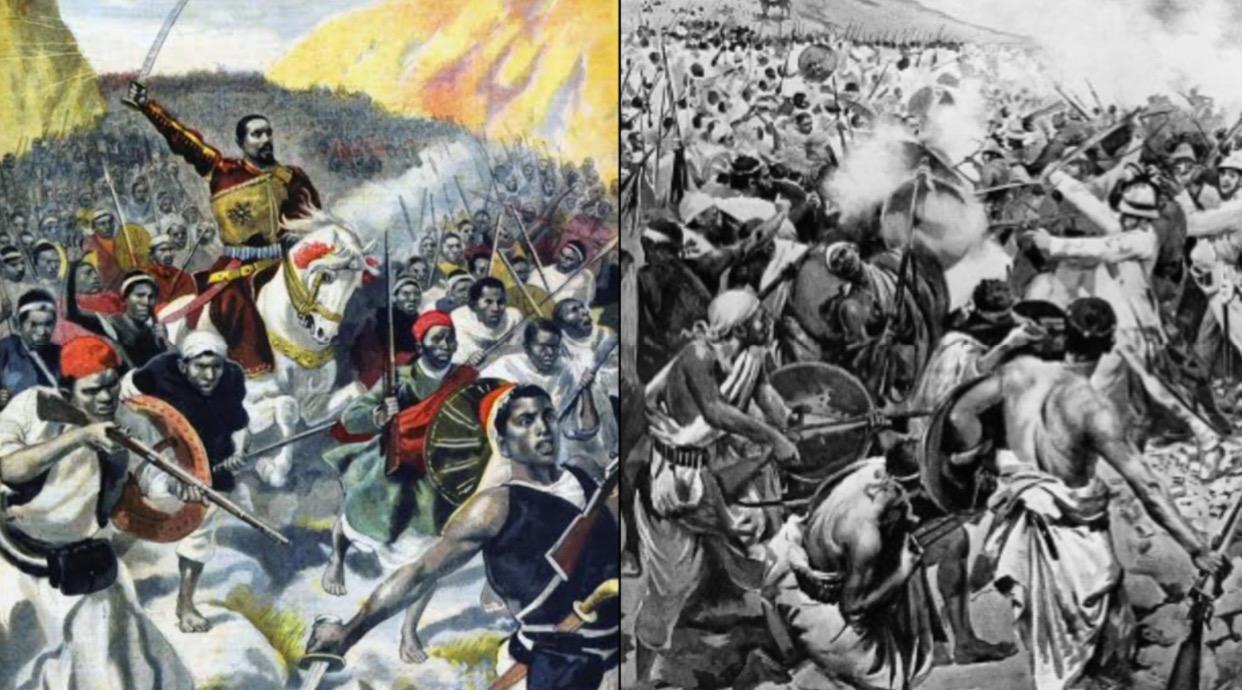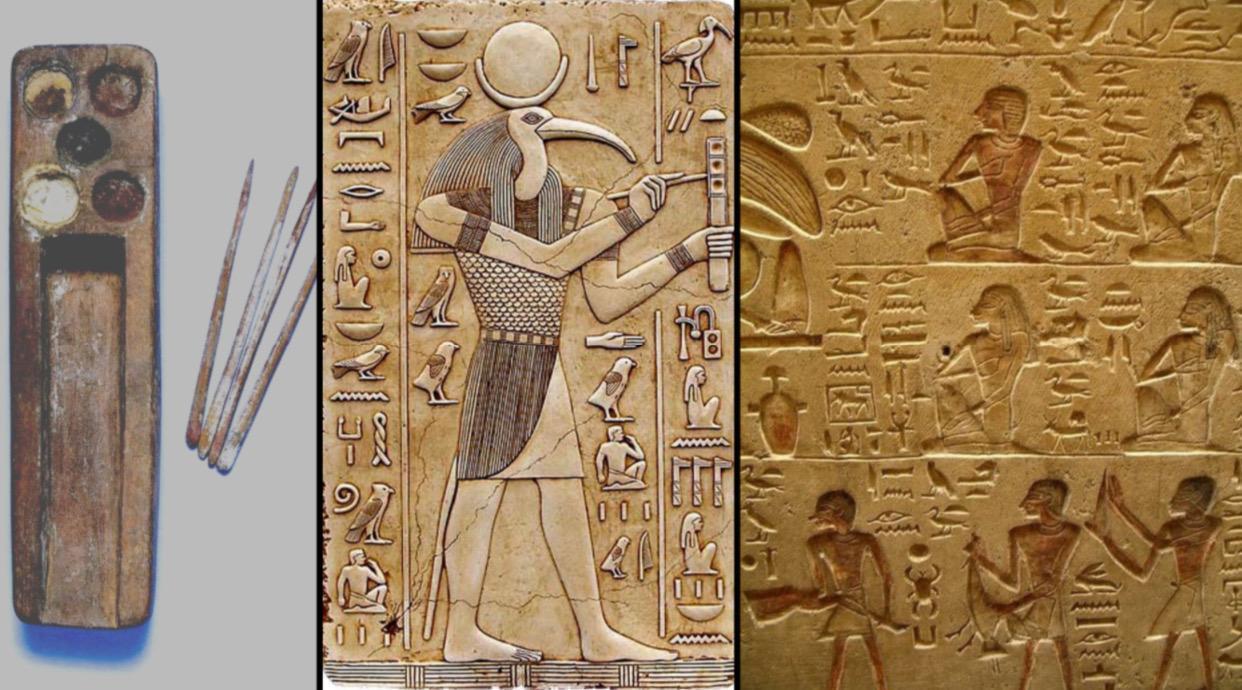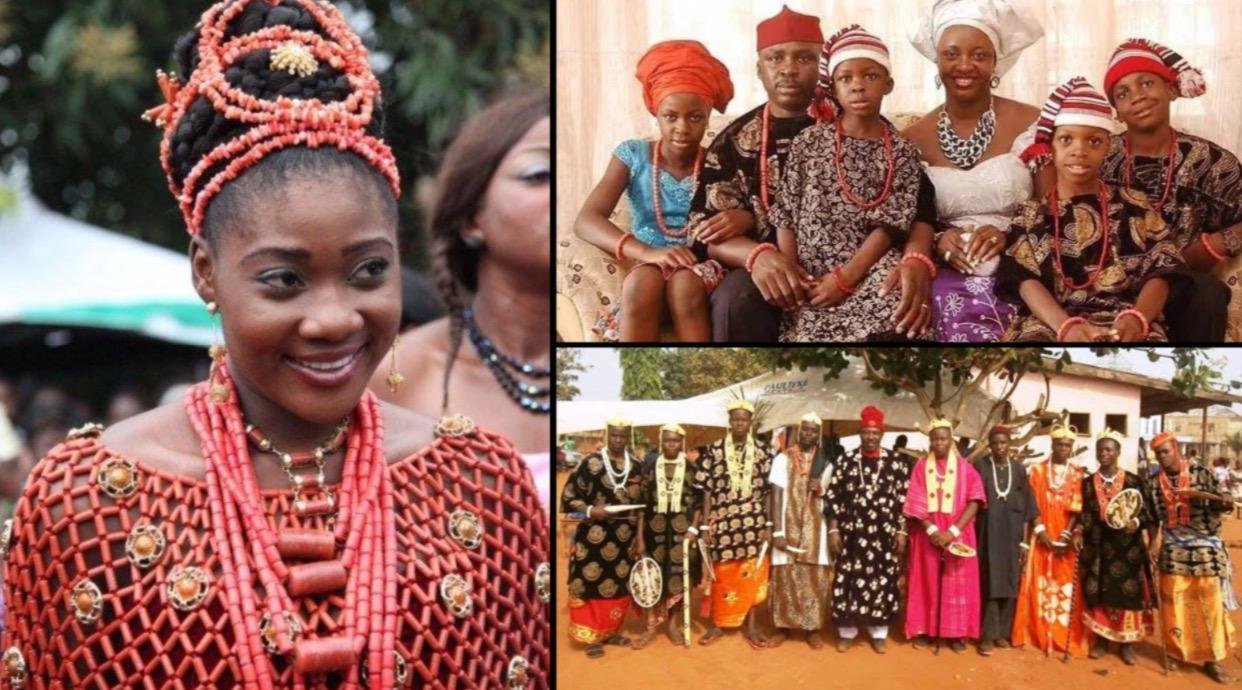El-Molo are Kenya’s smallest ethnic group with around 560 people. Although their numbers have recovered slightly in recent years, the people who live on the Komote Island of Lake Turkana fear their language could become extinct. The El Molo are believed to have originally migrated down into the Turkana Basin around 1000 BC from Ethiopia in the more northerly Horn …
Read More »TimeLine Layout
June, 2020
-
28 June
Thebes, Egypt was once the largest city in the world in about 1500 BC
At the height of Ancient Egypt, its bustling capital was Thebes, 419 miles south of Cairo where the modern settlement of Luxor now stands. Known to the Egyptians as Wase (‘City of the Sceptre’) or Nowe (‘City of Amon [an important god]’), Thebes was founded around 4,000 BC. Long-associated with royalty, Thebes blossomed into a sprawling metropolis during the Eleventh …
Read More » -
27 June
The main actor of “The Gods Must Be Crazy” N!xau Toma was only paid $300
The main actor of the famous 1980 movie “The Gods Must Be Crazy” was paid just $300, though the movie made over $60 million, as it often appears online. Yes, it’s a reality, surprisingly the film became that year’s top-large foreign film and actor N!Xau Toma won international superstar status from it. N!Xau Toma was born in the Tsumkwe region …
Read More » -
27 June
The Compelling Story of Ayuba Suleiman Diallo (1701-1773)
Ayuba Suleiman Diallo is best remembered for his memoirs as a Muslim, who in colonial America had to suffer the Atlantic slave trade and enslavement. In 1734 Thomas Bluett published his personal history with several Accounts of the Life of Job. Till now, they serve in eighteenth-century America as one of the few primary sources of Atlantic slave trade and …
Read More » -
26 June
Dabulamanzi kaMpande (1839 –1886). He commanded the Zulus at the Battle of Isandlwana against British
KaMpande was a commander of Zulu during the Anglo-Zulu War. He is most notable at the Battle of Rorke’s Drift for having commanded the Zulus. Dabulamanzi was a half-brother of Zulu king Cetshwayo kaMpande. Following the Zulus defeat, and Cetshwayo’s arrest, Dabulamanzi was calling for his brother’s return to power. As Cetshwayo was returned in 1883 Dabulamanzi fought on his …
Read More » -
26 June
The Atlantic Ocean was known as Ethiopian Ocean until the 19th century
The today’s southern half of the Atlantic Ocean in classical geographical works was known as Aethiopian or Ethiopian Sea or Ocean. The name remained in maps from ancient times until 19th century. The term Aithiopos was originally an old name for what is now called the South Atlantic Ocean. A narrow region, between Natal, Brazil and Monrovia, Liberia, that separates …
Read More » -
25 June
Bodi tribe hosts annual ’fat man’ contest to celebrate their new year in June
The tribe of Bodi has a small population occupying approximately 1900 sq.km and resides close to the river Omo. They also border Mursi tribe. These tribes, though similar in different African cultural traditions, sometimes clash. Bodi as a tribe they are a group of people that rely largely on their livestock. They are also key farmers engaged in cultivating sorghum …
Read More » -
25 June
Battle of Adwa 1896: When Ethiopia Destroyed Invading Italian Army
On March 1, 1896, the Ethiopian army under the leadership of one of Africa’s illustrious wartime heroes, chief strategists Emperor Menilek II dealt Italy with a decisive defeat. Italy’s crushing defeat sent their colonial ambitions back 100 years and stopped their advancement into the African territory. This was a victory for the ages and today it’s being studied in military …
Read More » -
24 June
The Ancient Egyptians were writing around 3100BC
Ancient Egyptian writing formed somewhere before the Early Dynastic Period. The idea of the written word was first created in Mesopotamia and spread through trade into Egypt, according to some scholars. Although there was probably cross-cultural contact between the two regions, Egyptian hieroglyphics are entirely of Egyptian origin; there is no evidence of early writings documenting non-Egyptian ideas, locations, or …
Read More » -
24 June
The Igbo People (Tribe) And Their Welcoming Culture
There are more than 300 tribes in Nigeria and among them are three which are often referred to as the major ones, and these three are the Hausa people, the Igbo people, and the Yorubas. The Igbo Tribe Located in southeastern Nigeria, the people of Igboland (also referred to as the Igbos), are one of the most highly populated groups in …
Read More »
 The African History Truly African
The African History Truly African

